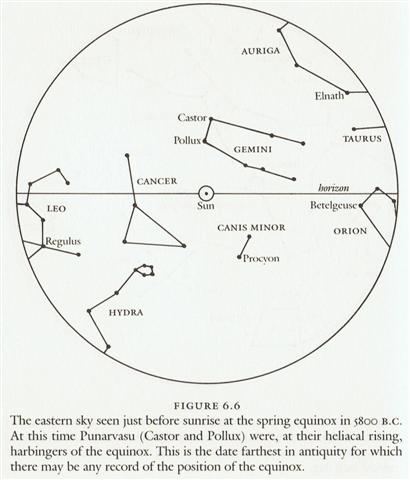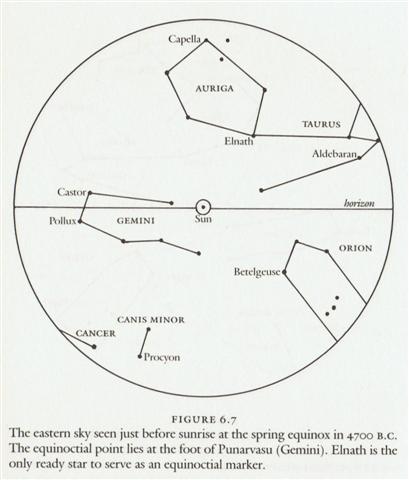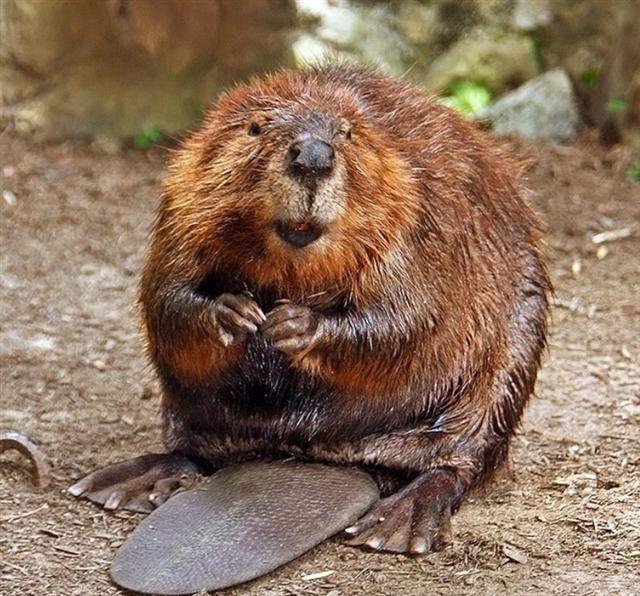The hen (te uha) which was offered to Oti wore feathers. This defines the place as Te Piringa Aniva: ... Hanga Te Pau, the landing site of Ira and his band of explorers, is the natural anchorage for those approaching Vinapu by sea. The remarkable stone fronts of the ahu of Vinapu are all facing the sea. The explorers landed at Hanga Te Pau during the month 'Maro', that is, June ... 2. The cult place of Vinapu is located between the fifth and sixth segment of the dream voyage of Hau Maka. These segments, named 'Te Kioe Uri' (inland from Vinapu) and 'Te Piringa Aniva' (near Hanga Pau Kura) flank Vinapu from both the west and the east. The decoded meaning of the names 'the dark rat' (i.e., the island king as the recipient of gifts) and 'the gathering place of the island population' (for the purpose of presenting the island king with gifts) links them with the month 'Maro', which is June ... ... Because of the cold weather, nothing grows (tupu meme), and there is hardly any work done in the fields. Hens grow an abundance of feathers, which are used for the festivities. The time of the great festivities begins, also for the father-in-law (te ngongoro mo te hungavai). There is much singing (riu) ... Riu. Song which may be good and decent (rîu rivariva), or bad and indecent (rîu rakerake); the term rîu is often used for serious, sad songs: rîu tagi mo te matu'a ana mate, sad song for the death of a father. Vanaga. Sa.: liu, liliu, to turn, to go backward and forward. To.: liu, liuliu, to return. Fu.: liliu, to return, to go over or come back. Niuē: liu, liliu, to turn, change, return. Uvea: liliu, to turn, to return. Ma.: ririu, to pass by. Ta.: riuriu, to go around in a circle. Mgv.: akariu, to come and go. Vi.: lia, to transform, to metamorphose. Churchill 2. ... Ta'aroa sat in his heaven above the earth and conjured forth gods with his words. When he shook off his red and yellow feathers they drifted down and became trees ...
Piri. 1. To join (vi, vt); to meet someone on the road; piriga, meeting, gathering. 2. To choke: he-piri te gao. 3. Ka-piri, ka piri, exclamation: 'So many!' Ka-piri, kapiri te pipi, so many shellfish! Also used to welcome visitors: ka-piri, ka-piri! 4. Ai-ka-piri ta'a me'e ma'a, expression used to someone from whom one hopes to receive some news, like saying 'let's hear what news you bring'. 5. Kai piri, kai piri, exclamation expressing: 'such a thing had never happened to me before'. Kai piri, kai piri, ia anirá i-piri-mai-ai te me'e rakerake, such a bad thing had never happened to me before! Piripiri, a slug found on the coast, blackish, which secretes a sticky liquid. Piriu, a tattoo made on the back of the hand. Vanaga. 1. With, and. 2. A shock, blow. 3. To stick close to, to apply oneself, starch; pipiri, to stick, glue, gum; hakapiri, plaster, to solder; hakapipiri, to glue, to gum, to coat, to fasten with a seal; hakapipirihaga, glue. 4. To frequent, to join, to meet, to interview, to contribute, to unite, to be associated, neighboring; piri mai, to come, to assemble, a company, in a body, two together, in mass, indistinctly; piri ohorua, a couple; piri putuputu, to frequent; piri mai piri atu, sodomy; piri iho, to be addicted to; pipiri, to catch; hakapiri, to join together, aggregate, adjust, apply, associate, equalize, graft, vise, join, league, patch, unite. Piria; tagata piria, traitor. Piriaro (piri 3 - aro), singlet, undershirt. Pirihaga, to ally, affinity, league. Piripou (piri 3 - pou), trousers. Piriukona, tattooing on the hands. Churchill. 418 = 365 + 53. Since the time of Bharani the Sun year had moved 41 days earlier (as observed against the dome of the fixed stars). Therefore day 53 had become day 53 + 41 = 94. This was at the Mouth of the Twins, i.e. Te Piringa Aniva was - according to what I am suggesting - begínning here.
All the dark waters of Te Kioe Uri had vanished at the Front of the Mouth of the Twins:
Aue. Ah, alas. Aueue, oh. P Pau., Ta.: aue, alas. Mgv.: aue, auhe, alas. Mq.: aue, oh, alas; auhe, a sigh. Exclamation in general representing the most primordial type of speech, it seems that this may be reduced to recognizable elements. The e is throughout these languages a vocative or hailing sign, commonly postpositive in relation to the person hailed. In the examination of au we have shown that the primal first person singular designation is u. With the comparatively scanty material afforded by this vocabulary we may not attempt to define the use of a but we have no hesitation in noting that proof based on wider studies will show it to have, inter alia, a characteristic function as a word-maker. In a very high degree, then, a-u-e is represented by a common English interjection 'oh my!' in which oh = a, my = u, and e = !. Churchill. What is this cry which our primitive islanders share with the animals? Look at its elements, all full-throated. First we have a, the sound of mouth open, fauces open, lungs full of air. As air expires the sound recedes in the mouth towards the palate and we find the u. Last comes the conscious finish of the utterance, the muscles begin to retract, the sound-making point is forced forward and the sound is e. If the man had but a few more cubic centimeters of lung capacity he could attain cow volumne for his cry, or interjection, since it amounts to the same thing. Churchill 2. Ue. Uéué, to move about, to flutter; he-uéué te kahu i te tokerau, the clothes flutter in the wind; poki oho ta'e uéué, obedient child. Vanaga. 1. Alas. Mq.: ue, to groan. 2. To beg (ui). Ueue: 1. To shake (eueue); kirikiri ueue, stone for sling. PS Pau.: ueue, to shake the head. Mq.: kaueue, to shake. Ta.: ue, id. Sa.: lue, to shake, To.: ue'í, to shake, to move; luelue, to move, to roll as a vessel in a calm. Niuē: luelue, to quake, to shake. Uvea: uei, to shake; ueue, to move. Viti: ue, to move in a confused or tumultous manner. 2. To lace. Churchill. ... When the new moon appeared women assembled and bewailed those who had died since the last one, uttering the following lament: 'Alas! O moon! Thou has returned to life, but our departed beloved ones have not. Thou has bathed in the waiora a Tane, and had thy life renewed, but there is no fount to restore life to our departed ones. Alas ... Twins are always 'sticking' close together (piri mai). ... In Hindu legend there was a mother goddess called Aditi, who had seven offspring. She is called 'Mother of the Gods'. Aditi, whose name means 'free, unbounded, infinity' was assigned in the ancient lists of constellations as the regent of the asterism Punarvasu. Punarvasu is dual in form and means 'The Doublegood Pair'. The singular form of this noun is used to refer to the star Pollux. It is not difficult to surmise that the other member of the Doublegood Pair was Castor. Then the constellation Punarvasu is quite equivalent to our Gemini, the Twins. In far antiquity (5800 B.C.) the spring equinoctial point was predicted by the heliacal rising of the Twins (see fig. 6.6). By 4700 B.C. the equinox lay squarely in Gemini (fig. 6.7).
As explained in Manuscript E - the Rat (→ Castor, the hairy Beaver who had his house down in the water) was a 'good' (maitaki) 'fish' (ika). ... that's why (penei e) for Oti (i a Oti) the fallen victim (te ika), i.e. (he-e) the 'rat' (kioe), was a good 'fish' (i ka.maitaki) ... [E: 5]
|
||||||||||||||||||||||||||||||||||||||||||||||||||||||||||||||||||||||||||||||||||||||||||||||||||||||||||||||||||||||||||||||||||||||||||||||||||||||||||||||||||||||||||||||||||||






